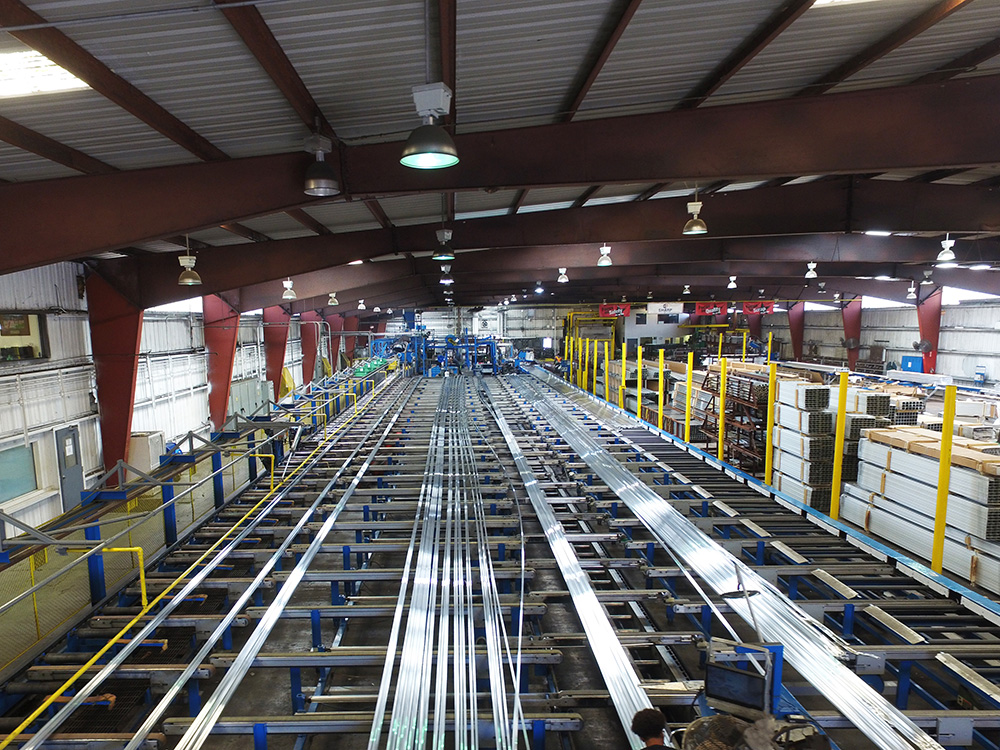Aluminum Extrusions in Arizona, Georgia Depend on Washington, D.C.
Brook Massey of MI Metals is worried about becoming his customers’ backup plan rather than their first stop. The reason: A torrent of unfairly traded aluminum extrusions from China and elsewhere is stealing business from his 77-year-old company.
MI Metals is an aluminum extruder with operations in Prescott Valley, Arizona, Millen, Georgia, and two locations in Tennessee and Florida. As president of the company, Massey has joined with 13 other American extruders to petition the federal government to remedy the deeply underpriced imports and, in that way, save his business.
“We used to get regular, weekly purchase orders but we don’t get nearly as many anymore. We get orders sporadically, often only when a customer runs into difficulty with his import orders,” Massey said. “Customers tell us the reason is pricing. They are buying imports that are typically 30 percent to 40 percent less expensive than us.”
Those prices, he said, are less than his cost of production.
Massey and the coalition – along with the United Steelworkers union – have complained to the U.S. Commerce Department and the International Trade Commission that illegally traded imports from China, Mexico, Colombia, Vietnam, and other countries are killing their businesses. Antidumping and countervailing duties must be imposed, they say, to save a vital American industry and thousands of American jobs.
Aluminum extrusions are part of daily life – from window and door frames to boat and auto parts. MI Metals makes extrusions for the construction, recreational vehicle, and solar industries.
Its sales have suffered because of unfair imports and its workers are bearing the brunt of the downturn. Massey said he has tried to keep his company’s headcount level but has had to reduce the number of shifts and overtime. Employees rely on those extra hours to make ends meet, and many have left for steadier jobs, which creates its own problems, starting with training.
He’s been forced to reduce production everywhere, including Georgia, which had been a very promising location. He recently invested $11 million to expand the rural plant, which is important to that part of the state. He was hoping to add 50 more jobs there. Instead, he’s added barely a handful of new workers and doesn’t expect to increase employment at least until the federal government enforces its trade laws.
His Arizona factory is similarly beset. It has never reached its full potential, Massey said, and is gradually slowing down. It has gone from operating five or six days a week to just four days.
The company’s best hope is to win in Washington. “The case is vital for us as an industry,” Massey said. “If we can’t continue to upgrade our equipment, we will be substandard in a very short order and won’t be able to supply the domestic market.”
Massey and the coalition are optimistic that the federal government will follow through. Their businesses depend on it.


Brook Massey

